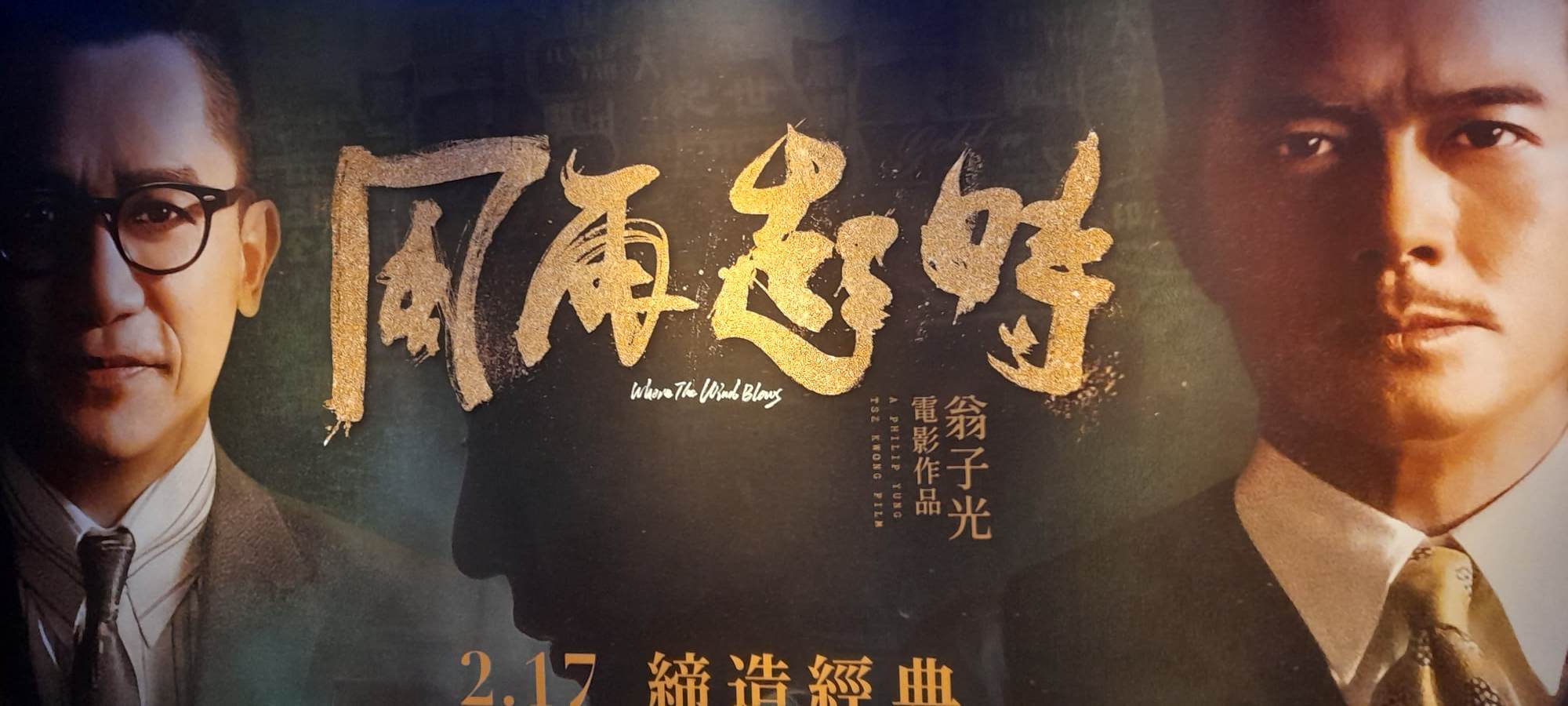

Post navigation
Judy Cheng
by
CHENG
Hello friends, I am from Hong Kong, living there and having decent education there. I am a mother of two sons and I work as a veteran counselor at a fully fledgling marital introduction company. I like to share with people some tougher experiences in the area of human relationships, marriage in particular. I find human nature is a mixed blessing. While we are bestowed upon enjoying the advantages of it, we can also flee the disadvantages of it. How? I will tell you in my books and blogs.
Total post: 238
Related Posts

What is forgiveness’s deep meaning? I
Is ‘forgive’ on earth merely a word or something practical? There is a serial drama recently broadcast on television that tells its […]

2022 Elvis
2022 must-watch film is ‘Elvis’, I promise! Austin Butler gives it his all in acting this god-level legend in front of our […]

A Light Never Goes Out
Mei Heung (Sylvia Chang) loses her husband refusing to follow a proper way to heal her sorrow but stubbornly indulges herself in […]

The Roundup
With its major characters played in it performing the most exuberant, this Korean action film does drive our sensation into euphoria when […]

-
Tagged what is forgiveness's deep meaning?